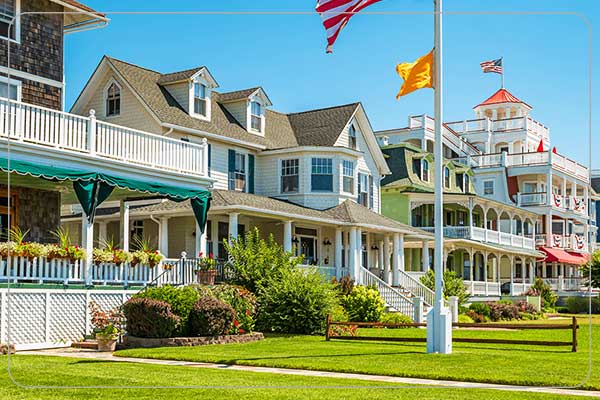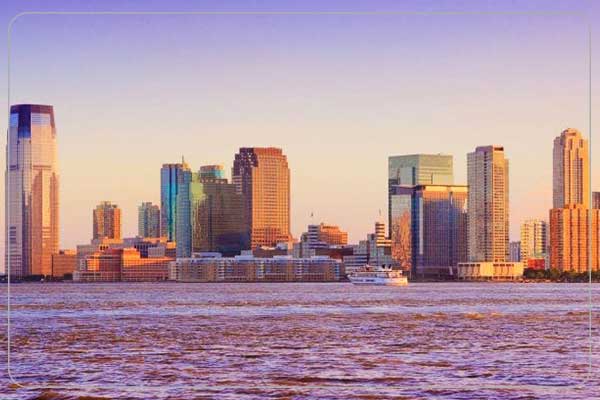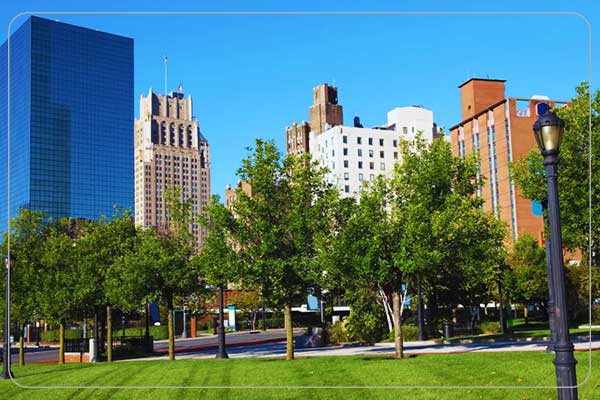What Are Real Estate Closing Costs in NJ?
Buying a home in New Jersey? Then brace yourself for closing costs—the final hurdle before getting the keys to your dream home. These expenses cover legal fees, taxes, insurance, and lender charges, among others. Typically, closing costs in NJ range between 2% to 5% of the home’s purchase price. Understanding these costs in advance helps you budget effectively and avoid last-minute surprises.
How Much Are Closing Costs for Buyers in NJ?
While closing costs fluctuate based on various factors like loan type and property location, here’s a general breakdown of the common costs buyers should expect:
| Closing Cost Component | Estimated Cost Range |
|---|---|
| Loan Origination Fees | 0.5% – 1% of loan amount |
| Appraisal Fee | $300 – $500 |
| Home Inspection | $400 – $700 |
| Attorney Fees | $1,000 – $2,000 |
| Title Search & Insurance | $1,000 – $2,500 |
| Recording Fees | $50 – $200 |
| Prepaid Property Taxes | Varies (based on home value) |
| Homeowners Insurance | $800 – $2,000 (annual) |
| Mortgage Insurance (if applicable) | 0.5% – 1% of loan amount |

🏡 Dreaming of the Perfect Property in the U.S.? We’ve Got You Covered! 🇺🇸
Looking for prime real estate deals in the United States? Whether it’s land, an apartment, or a luxury villa, your dream property is just a step away!
🔹 Meet Silva – Your Trusted Real Estate Consultant!
With 15+ years of experience in the U.S. real estate market, Silva knows exactly how to find the best homes and investment opportunities tailored to your needs.
📞 Don’t wait! Contact Silva today and secure your ideal property before it’s gone!
Breakdown of Closing Costs in NJ
1. Lender Fees
Mortgage lenders charge fees for processing, underwriting, and approving your loan. This includes loan origination fees, discount points (if buying down interest rates), and credit report fees.
2. Title Fees
Before closing, a title company conducts a title search to ensure there are no liens or legal disputes on the property. You’ll also need title insurance to protect against future claims.
3. Government Fees
New Jersey charges recording fees to officially register the transaction, along with local taxes depending on the county.
4. Prepaid Expenses
Buyers must prepay property taxes, homeowner’s insurance, and mortgage interest for the first months of homeownership.
Do Sellers Pay Closing Costs in NJ?
Yes! While buyers bear most of the burden, sellers also have their share of expenses. Here’s what sellers typically pay:
| Closing Cost Component | Who Pays? |
| Real Estate Agent Commission | Seller (5%-6% of sale price) |
| Transfer Tax | Seller ($0.50 per $500 of sale price) |
| Attorney Fees | Seller ($1,000 – $3,000) |
| Title Insurance (optional) | Seller (if negotiated) |
| Outstanding Liens or Judgments | Seller |
| HOA Fees (if applicable) | Seller (varies) |
💡 Pro Tip: Buyers can negotiate with sellers to cover part of their closing costs! Depending on the market, some sellers may agree to concessions to close the deal faster.
Can You Reduce Closing Costs in NJ?
Absolutely! Here are a few strategies to lower your costs:
- Negotiate with the Seller – Ask for seller concessions to cover part of the closing costs.
- Shop Around for Lenders – Compare lenders’ fees to find the best rates.
- Opt for a No-Closing-Cost Mortgage – Some lenders allow you to roll costs into your loan by adjusting the interest rate.
- Look for First-Time Homebuyer Programs – NJ offers various grants and assistance programs that help cover closing costs.
Comparison: NJ Closing Costs vs. Other States
How does NJ compare to other states when it comes to closing costs? Let’s find out:
| State | Average Closing Costs (%) | Notable Features |
| New Jersey | 2% – 5% | High property taxes, transfer taxes |
| New York | 2% – 6% | Mansion tax applies on high-end properties |
| Florida | 1.5% – 3% | No state income tax, lower title fees |
| Texas | 1% – 3% | No state property tax, title insurance costs more |
| California | 1.5% – 4% | High housing costs, additional escrow fees |
FAQs About NJ Closing Costs
Q1: Who pays the most closing costs—buyer or seller?
💬 Answer: Buyers usually pay most closing costs, but sellers also cover key expenses like agent commissions and transfer taxes.
Q2: Are closing costs tax-deductible?
💬 Answer: Some costs, like mortgage interest and property taxes, may be deductible. Consult a tax professional for details.
Q3: Can I finance closing costs into my mortgage?
💬 Answer: Yes! Some lenders offer lender credits in exchange for a slightly higher interest rate.
Final Thoughts: Plan Ahead for NJ Closing Costs
Closing costs are an unavoidable part of buying a home in New Jersey, but with proper planning, you can minimize surprises and secure a smooth transaction. By understanding these fees, negotiating with sellers, and exploring financing options, you can ensure a stress-free home purchase.
📢 Looking for more guidance? Reach out to a real estate professional or mortgage lender to break down your specific closing cost estimates.
🔗 External Resource: Check out the New Jersey Housing and Mortgage Finance Agency (NJHMFA) for homebuyer assistance programs: www.njhousing.gov
💡 Ready to buy a home in NJ? Know your closing costs, plan your budget, and make informed decisions!





